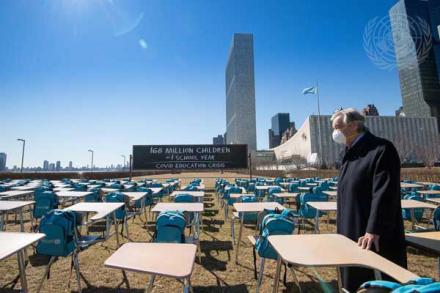
UN Transformation Series: Building capacities amidst crises
In a world increasingly defined by polycrises, spanning prolonged periods, and often existential in their scale and urgency, the United Nations(UN) stands at a critical juncture. To be able to not only navigate but to help chart a course through these unprecedented times, offering immediate, inclusive, and sustainable responses, the UN must implement critical transformations across its mandate.
This will not be easy.
We are witnessing a rise in conflicts, accelerated effects of climate change, and increasing economic disparities and social tensions. While rapid technological progress creates opportunities for positive change, it also poses new challenges and risks. Social and economic changes towards carbon-neutrality are underway but questions remain about its speed, scope, and equity.

The 2030 Agenda for Sustainable Development, the Paris Climate Agreement, and other pivotal multilateral frameworks map out our global aspirations - formulating the compass for both global collective progress and national. Yet the 2023 Global Sustainable Development Report lays it bare: the world is amidst transformation, but we are veering off the path towards a peaceful, sustainable, and equitable future —The UN system has a crucial role to play in promoting and supporting transformations in line with the 2030 Agenda. At the same time, we must come to terms with ongoing changes that often have outpaced institutional capacities. This is a pivotal moment for us, requiring profound transformations to navigate the rapid pace of technological advancements, and the increasing complexity of global polycrises. This evolution is essential for further empowering Member States and societies to fulfill their commitments effectively, fostering a collaborative environment where shared progress and innovation lead the way toward meeting our shared goals and aspirations.
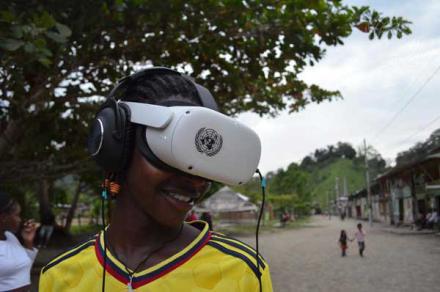
To be able to effectively cultivate, and support targeted transformations, UN actors must possess comprehensive insight regarding the process, coupled with the ability to innovate, iterate, orchestrate and spearhead collective, strategic and operational action that drives meaningful and lasting shifts. They need to be able to navigate within complex political environments and a shrinking humanitarian space. They need to develop and adapt their engagement, be it in the form of peace operations, policy advice or other forms of support to member states. UN entities must also ensure that their support is scoped, relevant and catalytic. This implies a more collective working across sectors and organizations to devise systemwide solutions, with UN organizations themselves becoming more attuned to the demands of the 21st century, embracing a forward-thinking culture and cutting-edge skills, as described in the vision of UN 2.0 for a more impactful United Nations system.
This webinar series brings together UN leaders and external thought leaders to explore how the UN itself is changing and adapting to external and internal shifts to be able to provide more relevant and effective support in line with the critical transformations required.
We will discuss the nature and direction of these transformations, along with the associated challenges, opportunities and dilemmas that arise. In line with Staff College mandate, we will integrate a capacity development perspective, which allows us to discuss and identify the knowledge, skills, and mindsets as well as the institutional capacities needed for the UN to drive positive change amidst complex global challenges.
The series consists of themed webinars (60 minutes), as well as a UNSSC resource platform to allow for further exploration of key topics with opportunities for exchange and engagement.
This webinar series is organized in partnership with the German Agency for International Cooperation (GIZ), thanks to the generous support of the Federal Republic of Germany.
Webinar 1: Leading Change in the UN
Webinar 2: Harnessing Capacities For Global Change
Webinar 3: Integrated approaches as a means toward sustainable development transformation
Webinar 4: Prevention as a Transformative Agenda: Adapting the UN Peace and Security Toolbox for 21st Century Global Threats
Webinar 5: Empowering Sustainable Growth: The Human Rights Economy
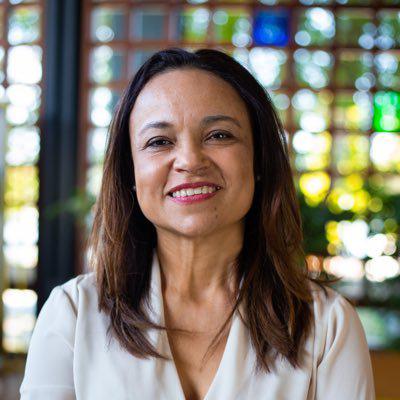
Deputy Executive Secretary of the United Nations Convention to Combat Desertification (UNCCD)
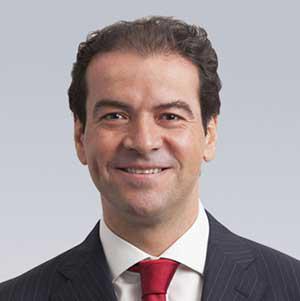
Representative of the Secretary-General for the investment of the assets of the United Nations Joint Staff Pension Fund
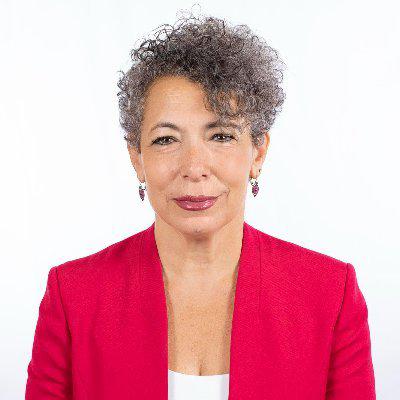
Director, ad interim, Department of Data, Insight and Policy Coordination, International Organization for Migration (IOM)
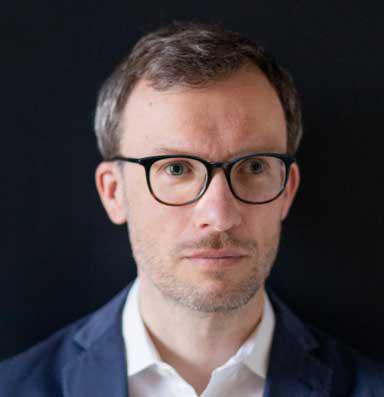
Deputy Director, Strategic Planning, Executive Office of the UN Secretary-General
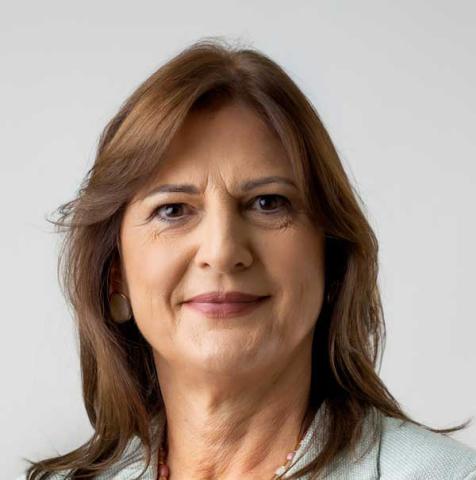
Regional Director for Latin America and the Caribbean, United Nations Population Fund (UNFPA)
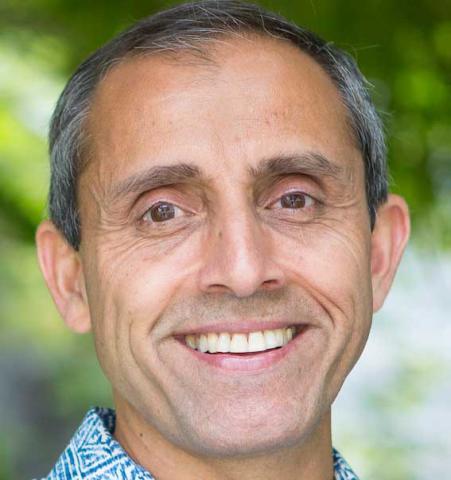
Deputy Director, Strategy & Planning and Vipula and Mahesh Chaturvedi Professor of Policy Studies, School of Public Policy, Indian Institute of Technology Delhi
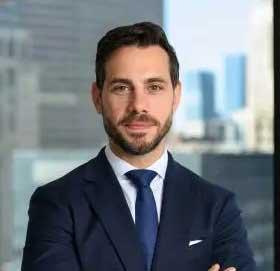
Director of United Nations University's Centre for Policy Research (UNU-CPR)

Head (Global), Sustainable Development Goals, UNDP

Head of the United Nations Disaster Risk Reduction Office in Bonn

Head, Policies and Networks, OECD

Chief, Policy and Guidance, Policy and Mediation Division, United Nations Department of Political and Peacebuilding Affairs (UN DPPA)

Senior UN Analyst, International Crisis Group

General Coordinator, Rede Brasileira sobre Operações de Paz / Brazilian Research Network on Peace Operations (REBRAPAZ)

Chief of the Development, Economic, and Social Rights Branch, Office of the High Commissioner for Human Rights (OHCHR)

Director, Universal Social Protection Department, SOCPRO, International Labour Organization (ILO)





